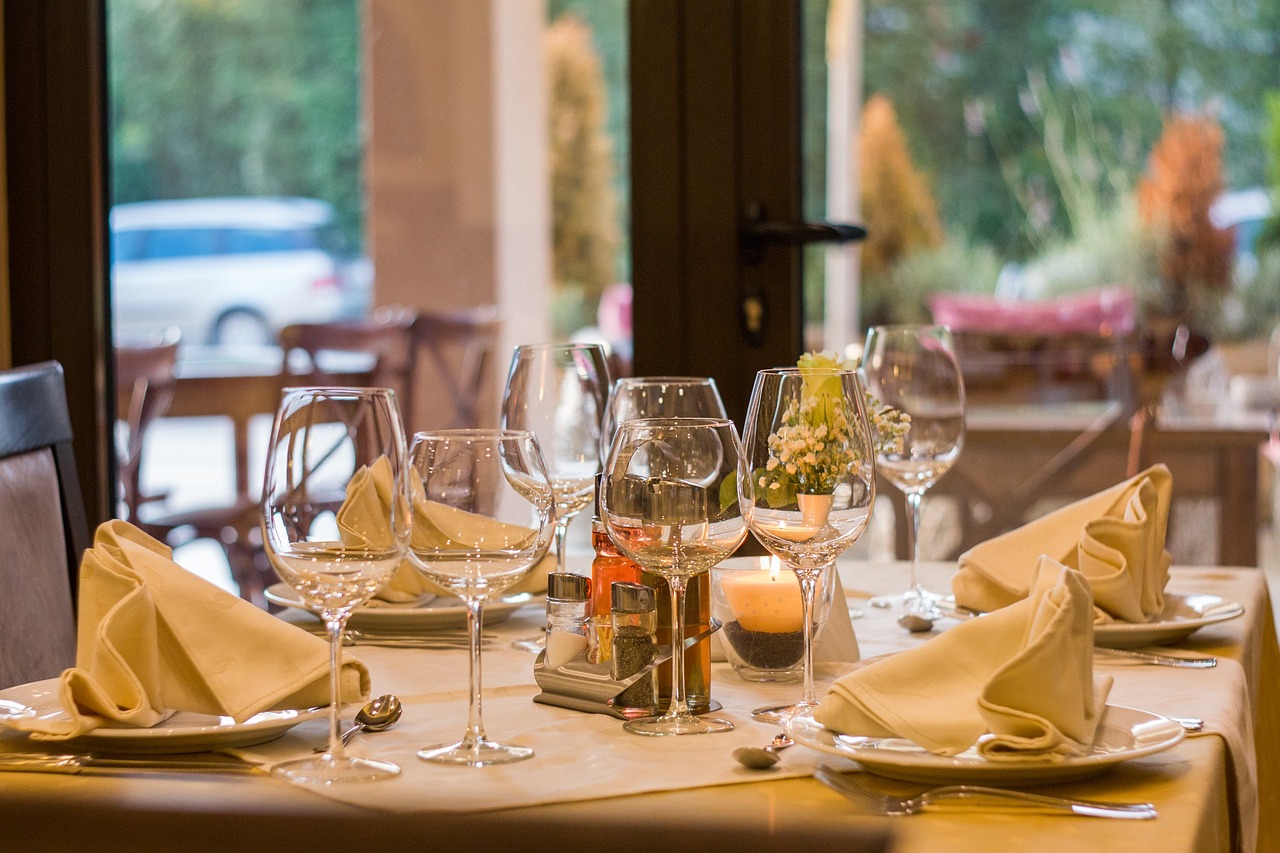A New Language Plague Emerges
Introduction:
The pandemic may be over for American restaurants, but a peculiar linguistic infection has taken root in our cafes. This new plague comes in the form of contaminated dialogue, particularly when patrons order their meals. It’s not just about what’s on the menu; it’s about how we express our culinary desires.
The Pancake Predicament:
A common scenario unfolds as a customer, typically a man, deliberates over the menu. When the server, usually a waitress, approaches, the man declares, “Yeah, I’ll do the pancakes.” This peculiar phrasing has sparked discomfort among diners, leaving many to wonder why it’s become so prevalent.
Unpacking the Linguistic Quirk:
This linguistic oddity, the act of “doing” food, has become a flashpoint in restaurant conversations. The question arises: why does it irk us, and is it comparable to wearing sweatpants to the office?
Theories Behind the Linguistic Anomaly:

Some suggest that this expression stems from an unsavory eating culture, where finishing a meal is treated like completing a task. Others see it as a bizarre way of rendering the dining experience akin to a job, with phrases like “are you still working?” reinforcing this notion.
Imagery and Carnality Concerns:
A playwright friend offers a unique perspective, associating “doing” pancakes with a suggestive image that triggers discomfort. The concern extends beyond imagery, as critics, including the New York Times’s Pete Wells, express distaste for the implication that the diner is actively participating when, in reality, they’re being served.
Erasure and Imperiousness:
Esteemed chef Andrea Reusing argues that the phrase erases the efforts of those who made the food possible. It removes the verbs of growing, processing, and cooking, creating an illusion that the diner is the active participant. Moreover, the imperiousness inherent in the phrase disrupts the social contract between server and served.
The American Character of “Doing”:
Is the imperious act of “doing” particular to Americans? The phrase appears even more frequently when Americans discuss their travels abroad, asserting their conquering hero status. Whether doing countries or food, there’s an undeniable sense of finality, as if declaring, “It’s done.”
Fine Dining Dilemma:
In the realm of fine dining, where eloquence is often expected, the phrase doesn’t elicit universal disdain. Some restaurateurs, like Alex Pincus, are more forgiving, letting it slide when patrons say they’ll “do” pancakes. Instead, Pincus reserves his teeth-gritting moments for the informal responses when the staff says, “No problem,” instead of a simple “You’re welcome.”
Conclusion:
While the pandemic’s grip on restaurants may be waning, a linguistic plague has infiltrated our dining experience. The peculiar act of “doing” food reveals cultural nuances, leaving us to ponder its origins and implications. As diners, servers, and restaurateurs navigate this linguistic landscape, one thing is certain: the conversation around food is evolving, and it’s not just about what’s on the plate.
